Ford F-150 Lug Nut Torque Guide
As an F-150 owner, there may be a time where you need to replace a wheel whether you are doing a brake job, upgrading wheels, or simply changing out a flat. While removing and reinstalling a wheel and tire is a pretty easy job, there are a couple of things you need to keep in mind when installing your wheel back on your truck. This will include the lug nut torque specs and the torque sequence.

Ford F-150 Lug Nut Torque Specs
A lug nut torque spec is the amount of force it takes to properly tighten a lug nut on a wheel. This is a specification set forth by the vehicle manufacturer to ensure that the wheel stays secure to the vehicle.
To ensure you get the right spec, you will need to use a torque wrench. Luckily, Ford only changed the torque spec once throughout the F-150 generations, so it is pretty simply to remember. However, we have created a quick and easy reference guide to give you the lug nut torque specs for each F-150 generation.
|
Generation |
Year |
Lug Nut Torque Spec |
|
1st Generation |
1975-1979 |
100 ft/lbs |
|
2nd Generation |
1980-1986 |
100 ft/lbs |
|
3rd Generation |
1987-1991 |
100 ft/lbs |
|
4th Generation |
1992-1996 |
100 ft/lbs |
|
5th Generation |
1997-2003 |
100 ft/lbs |
|
6th Generation |
2004-2008 |
150 ft/lbs |
|
7th Generation |
2009-2014 |
150 ft/lbs |
|
8th Generation |
2015-2020 |
150 ft/lbs |
|
9th Generation |
2021 - Present |
150 ft/lbs |
Ford F-150 Lug Nut Torque Sequence
Knowing the torque spec for the lug nuts is only half of getting your wheels installed correctly. You will also need to know the proper order for tightening your lug nuts to ensure that you tighten your wheel evenly to the truck.
We suggest checking your owner’s manual for Ford’s recommendation for your specific truck, but if you do not have it, you can follow a simple trick to get your wheel tightened evenly.
Start with the top lug nut and tighten it down to factory spec. From there, you can follow a star pattern by going to the lug nut directly across from the one you just tightened. This will keep your wheel even when tightening down each lug nut.
What Happens If I Overtighten My Lug Nuts?
When in a pinch, you may be tempted to tighten down your lug nuts as much as you can as it may seem better to overtighten than to undertighten. While this can be true in some cases, overtightening your lug nuts can stretch the stud and cause your rotor to become damaged or fail. Carrying a torque wrench in your truck is a great way to ensure that your lug nuts will always stay tightened to manufacturer’s specification.
What Happens If I Undertighten My Lug Nuts?
Not tightening your lug nuts to the proper specifications can cause a variety of different issues. Your lug nuts can start to back off, causing your wheel to vibrate and your lug nuts to be lost. It can also cause your wheel to become damages as it vibrates against the stud. Lastly, and in more extreme cases, your wheel can fall off the truck if all of your lug nuts fall off.


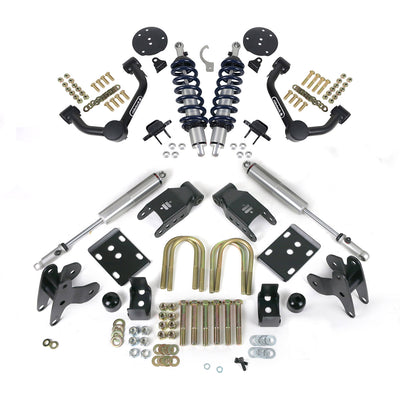
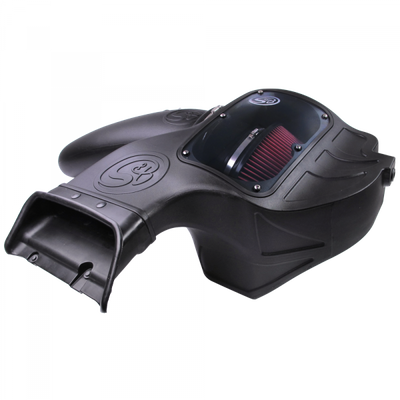
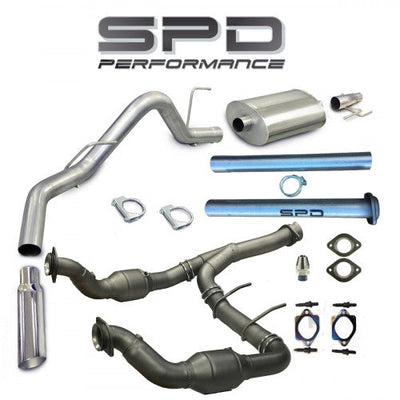
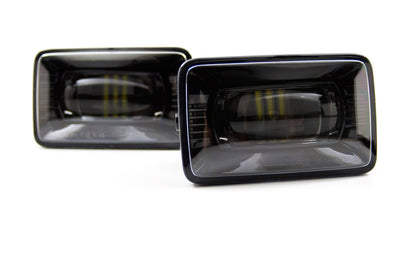

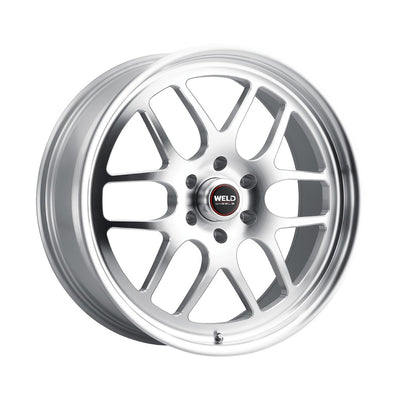



Leave a comment